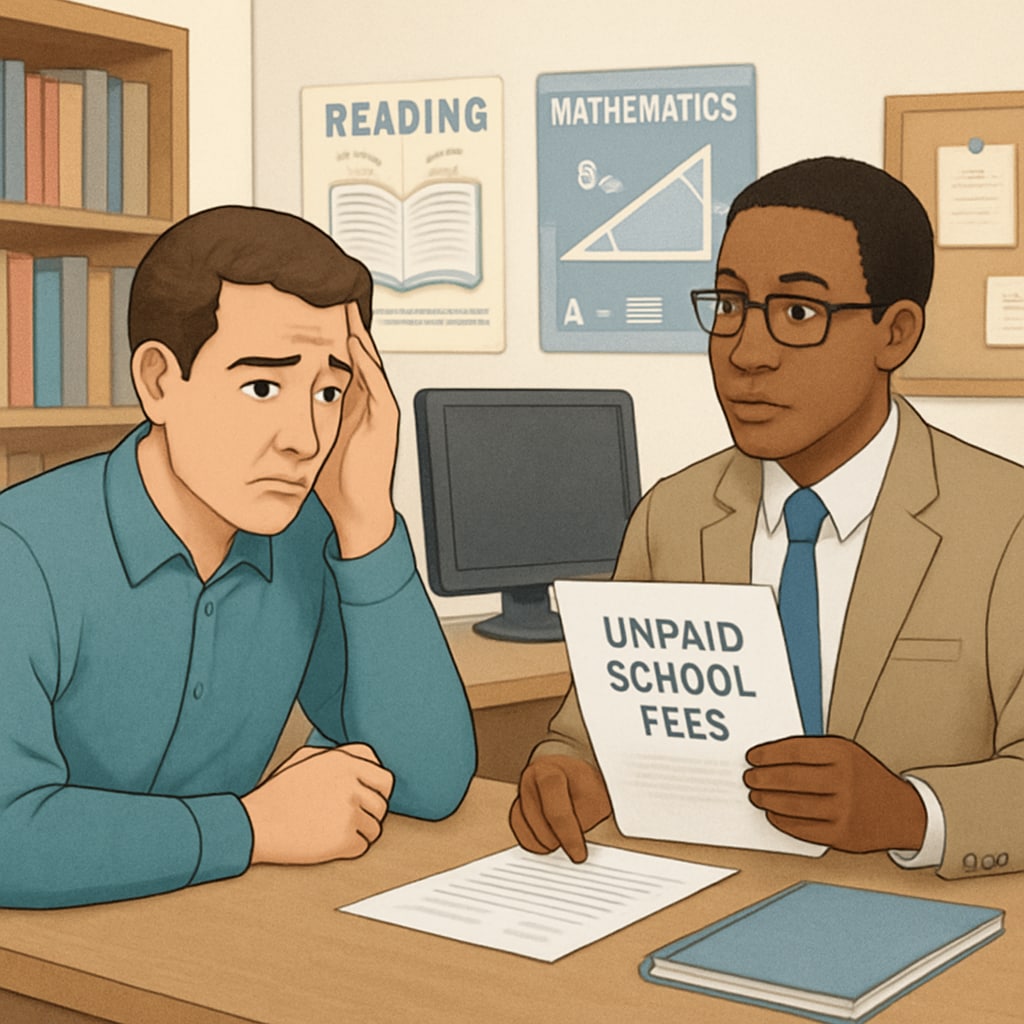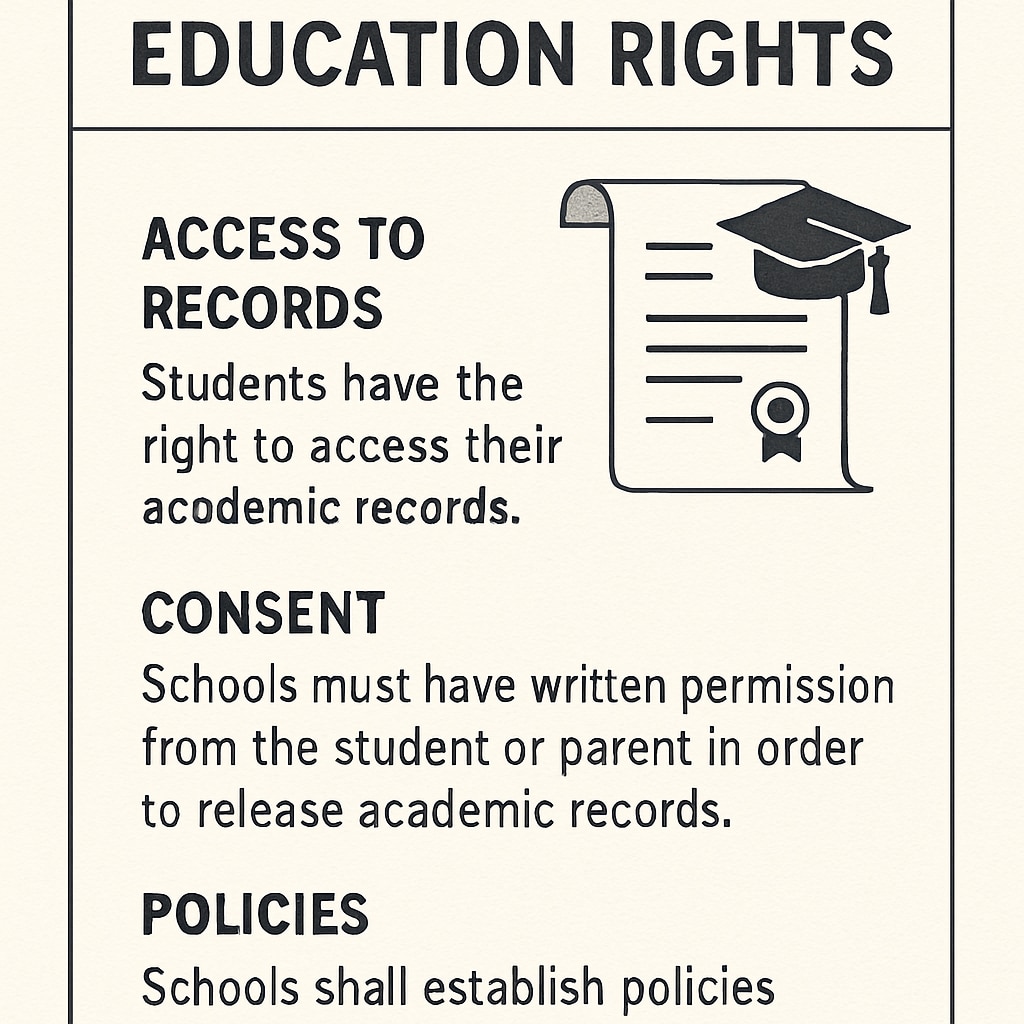The issue of unpaid school fees and access to academic records, such as transcripts, often creates tension between families and educational institutions. Whether it’s missing payments due to financial struggles or confusion over school policies, parents navigating these situations may wonder if their children’s education—and future—can be compromised. This article dives into the nuances of unpaid fees, academic records access, and the implications of exams like PRC (Professional Regulation Commission) assessments.
Understanding the Link Between Unpaid Fees and Academic Records
Many K12 schools enforce policies that restrict access to academic records, including transcripts, for students with unpaid balances. These measures are often implemented to incentivize timely fee payments. However, such practices can place undue stress on families already facing financial burdens and may hinder students’ academic progression or career opportunities. For example, transcripts are typically required for PRC exams, college applications, or transferring schools.
While schools argue that these policies are necessary for operational stability, families may question whether withholding academic records is ethical or even legal. In some jurisdictions, legislation prohibits schools from denying access to transcripts due to unpaid fees, recognizing education as a fundamental right.

Legal Protections and Policy Variations
Legal frameworks governing access to academic records vary widely across countries and states. For instance, some regions explicitly protect students’ rights to obtain transcripts regardless of unpaid balances, emphasizing that education should not be conditional upon financial status. On the other hand, other areas permit schools to enforce restrictions as part of their contractual agreements with families.
To navigate these differences, parents should familiarize themselves with local laws and school policies. In regions where protections exist, families can advocate for their rights by referencing relevant legislation or seeking legal advice. For example, Britannica’s article on education policies offers insights into how schools manage financial disputes.

Steps Parents Can Take to Protect Education Rights
When faced with unpaid fees and restricted access to academic records, parents can take proactive measures to safeguard their children’s education. Key steps include:
- Communicate with the school: Reach out to school administrators to explain financial difficulties and negotiate payment plans. Many institutions are willing to work with families to find solutions.
- Explore financial aid options: Seek scholarships, grants, or assistance programs offered by schools, local governments, or nonprofit organizations to cover unpaid balances.
- Understand legal rights: Research laws governing education rights in your region. If necessary, consult a lawyer to ensure compliance with regulations that prohibit withholding transcripts.
- Document communications: Keep records of all interactions with the school, including emails or written agreements, to establish a clear paper trail.
By taking these steps, parents can reduce the likelihood of academic interruptions for their children and ensure smoother access to important records needed for exams like PRC assessments.
Balancing Financial Stability and Education Access
In addition to addressing immediate challenges, families can work toward long-term financial stability to avoid future conflicts. Budget planning, financial literacy education, and community support resources can help mitigate the risks of overdue fees. Schools, too, can play a role by adopting more flexible policies and offering payment assistance programs.
Ultimately, the goal should be to strike a balance between maintaining school operations and ensuring that students’ education rights are not compromised. For further reading on related topics, visit Education on Wikipedia.
In conclusion, while financial challenges can make accessing academic records complex, families have options to navigate these obstacles. By understanding local policies, advocating for their rights, and seeking collaborative solutions, parents can ensure their children’s education remains uninterrupted—even during difficult times.


